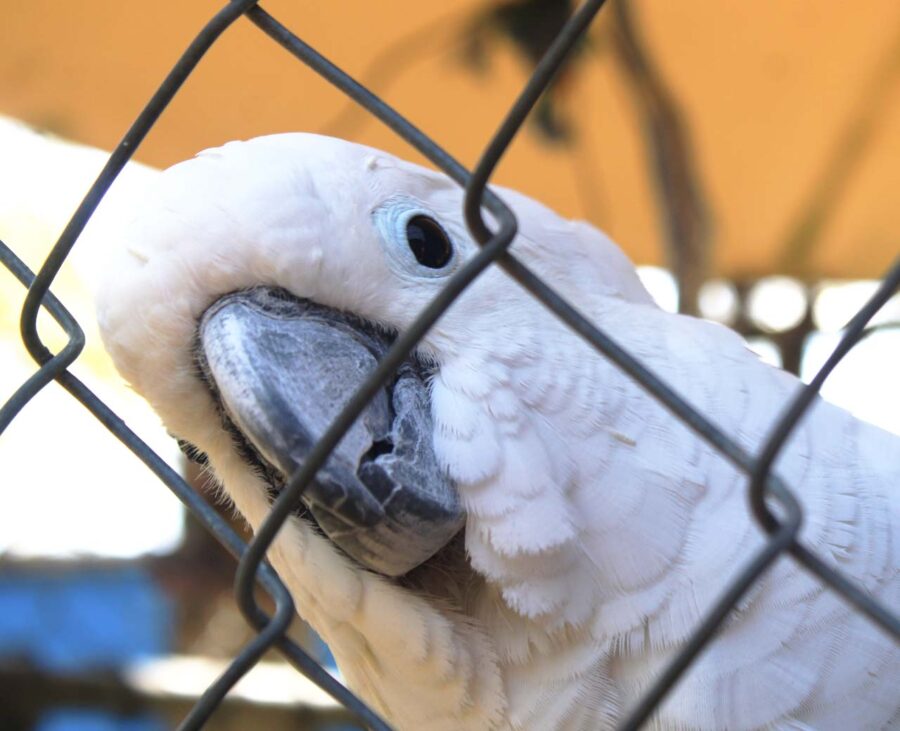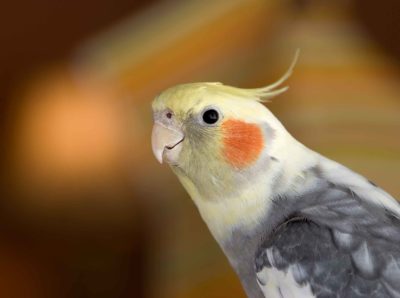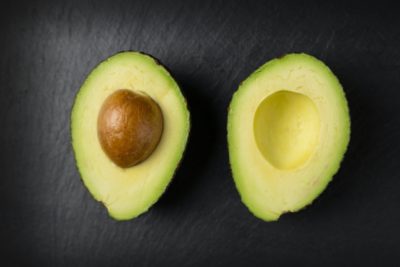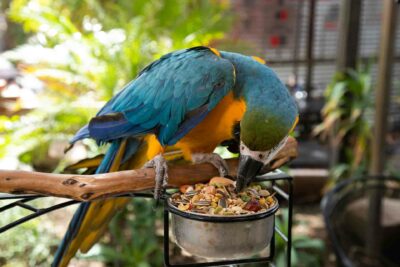
How to Identify a Reputable Avian Rescue
Adopting a bird from an avian rescue can be a deeply rewarding experience—for both you and the bird. However, as with any animal welfare organization, not all bird rescues operate with the same standards. If you’re considering adoption, it’s important to do your homework and ensure that the rescue you’re working with is reputable and responsible. Here are some tips for choosing an avian rescue you can trust.
Verify Nonprofit Status
Most reputable rescues should have a 501(c)(3) designation, meaning that they are recognized by the IRS as a tax-exempt nonprofit. This status is granted only to organizations that were created to serve a public good—such as education, animal welfare, or charitable services. For avian rescues, it typically signals that their mission is centered on the responsible care, rehabilitation, and rehoming of birds, rather than profit.
This designation also requires a degree of accountability, including financial transparency and limitations on how funds can be used. It allows the organization to accept tax-deductible donations and may indicate that they’ve taken the time to set up their rescue with a formal structure and purpose. To confirm 501(c)(3) status, you can search for the rescue in the IRS’s online database or on websites like GuideStar.
Visit the Rescue in Person
Ensuring 501(c)(3) status is a good first step in assessing the trustworthiness of an avian rescue. However, according to Skye Marsh, President of SouthWest Exotic Avian Rescue (SWEAR)—a Las Vegas, Nevada-based organization run entirely by volunteers—simply having this status does not necessarily mean that a rescue is operating ethically. Therefore, it’s important to go beyond the paperwork and evaluate how the rescue functions in real life. Skye recommends visiting the rescue in person before you commit to adopting a bird or making a donation. A reputable organization should be transparent and open to visitors (within reason and with respect for the birds’ well-being, of course).
When you visit, try to pay attention to the following:
- Cleanliness of cages and common areas
- Bird health—are the birds active, alert, and well-fed?
- Species-appropriate housing and enrichment
- Record-keeping – ask about medical history and behavioral notes
- Adoption process – a good rescue will have a thoughtful screening process to ensure a good match, rather than just handing over a bird to anyone who is interested
If a rescue refuses all visits or seems secretive about its operations, consider it a red flag.
Ask Questions—And Expect Questions in Return
Reputable rescues are happy to answer questions and will ask you plenty of their own. Expect questions about your level of experience with birds, home environment, other pets, and what you’re looking for in a companion bird.
Here are some good questions to ask:
- What is your intake and quarantine process?
- Do you work with avian veterinarians?
- What’s your policy on rehoming or returns?
- Do you offer any support post-adoption?
A reputable rescue will have clear, thoughtful answers and prioritize what’s best for the birds.
Look at the Rescue’s Online Presence
Check the rescue’s website and social media. Are they active? Do they post updates, adoption stories, and educational content? This can be a good indicator of community engagement and transparency. Additionally, look at public reviews and ratings. While one or two negative reviews aren’t necessarily a dealbreaker, a pattern of poor reviews should raise concerns.
Volunteer If You Can
Another great tip from Skye at SWEAR is to volunteer at an avian rescue if you live nearby and have time. This will enable you to see firsthand how the organization is run and how the birds are cared for. It’s also a great way to learn more about bird behavior, enrichment, and care—especially if you’re new to bird ownership.
Trust Your Gut
Sometimes, your instincts can tell you more than a website or form ever could. If something feels off, don’t ignore that feeling. The right rescue will be one that makes you feel comfortable, informed, and confident that the birds are receiving the care they deserve.
Partnering with a reputable avian rescue not only helps a bird in need—it also sets you up for a more successful and fulfilling adoption experience. If you’re not quite ready to adopt, consider volunteering or donating to help rescues continue their important work.
Looking for quality avian rescues near you? Check out our list!





